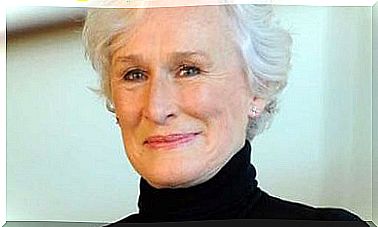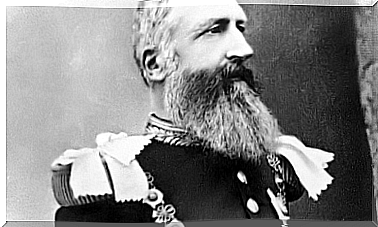Freud, A Life Full Of Curious Passions
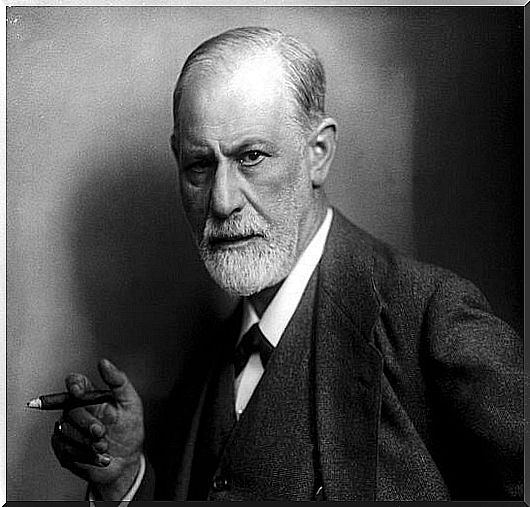
Father of psychoanalysis, renowned neurologist and intellectual, author of important works such as The Interpretation of Dreams … You cannot understand a part of the 19th and 20th centuries and of Psychology without knowing the figure of Sigmund Freud and the contributions that his studies to the advent of this science.
He was a well-known character in his time, a tireless researcher. But it also had its quirks, its quirks and its passions. And we are going to talk about them!
Freud and his passion for the figure of Don Quixote
Freud learned to speak Spanish in a self-taught way, solely for the pleasure of reading such a universal work as Don Quixote de La Mancha in the original language. This allowed him to personally review the first Spanish edition of his work, prepared by Luis López Ballesteros. In addition, today it is known that in one of the letters he addressed to his future wife, he explained the deep mark that this work left on him.
Freud the writer
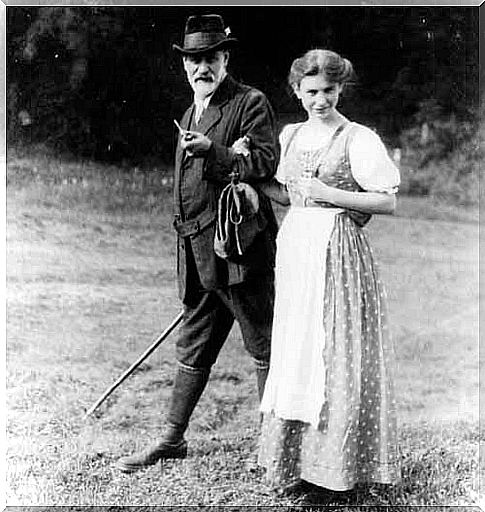
Freud had a great ability for writing, which was recognized by everyone from his student days. In 1930 he won the Goethe Prize for Literature in the city of Frankfurt, Germany, but an illness prevented him from going to personally receive the award.
We mentioned The Interpretation of Dreams and, although it is one of the most famous for the impact it had on the study of sleep as an active physiological state, this is only one of his works. Freud left countless published works.
Jofi, your faithful companion
Sigmund Freud attended the consultation accompanied by his dog Jofi, a chow chow that his daughter Ana had given him. Freud noted that the dog exerted a calming influence on his patients and gave clues about their emotional state. Jofi also helped him control the time of the sessions.
Genius phobias
It may seem curious and even shocking, but the father of psychoanalysis suffered from two phobias that almost no one knew about and that are really striking. On the one hand, he was afraid of number 62, to such an extent that he did not stay in hotels that had more than 61 rooms. On the other hand, he was also afraid of ferns.
Freud’s austerity
Sigmund Freud was a very austere and not at all worldly person, despite his fame. He only had three suits, three pairs of shoes, and three changes of underwear. He shunned social events, although he frequently met his colleagues at the Café Landtmann, where he always sat in the same place.
Tobacco and cancer
He was a compulsive smoker, he had a real passion for cigars. But his addiction only precipitated the cancer that he suffered from in the upper jaw and that plagued him for more than 16 years.
In the last stage of his life, he suffered great physical suffering from cancer. They operated on him 33 times without success and had to wear different prostheses that made it difficult for him to speak. Despite this, he never stopped working.
Immovable routines
His habits were rigid and he maintained a very methodical routine. Every day he had lunch at 1 o’clock. At 2 o’clock he would go out for a 3-kilometer walk along the “Ring” and other streets of Vienna. He hated cauliflower and rarely ate chicken.
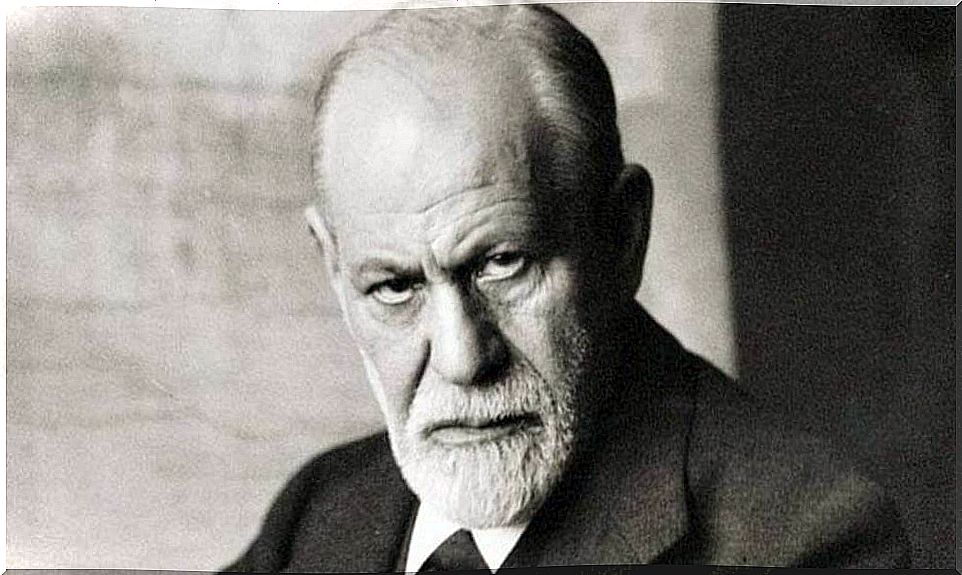
Freud the collector
He collected old statuettes, and so many of his evening walks ended in an antique store, where he acquired new pieces. His repertoire became enormous and his collection today is exhibited in his home Freud Museum in London.
An assisted death
Freud died in 1939, in severe pain caused by cancer. He asked his personal physician for an assisted death with morphine injections. He had lived in London for only a year, after his forced departure from Vienna, where he lived most of his life.
Did you know this part of Freud’s life? Like any of us, he had certain customs, tastes, and even eccentricities. What do you think?

